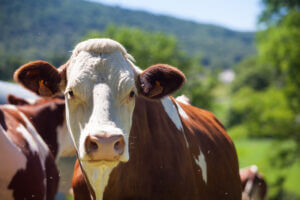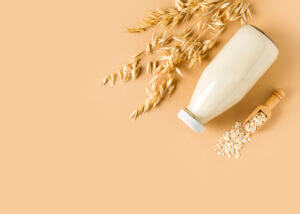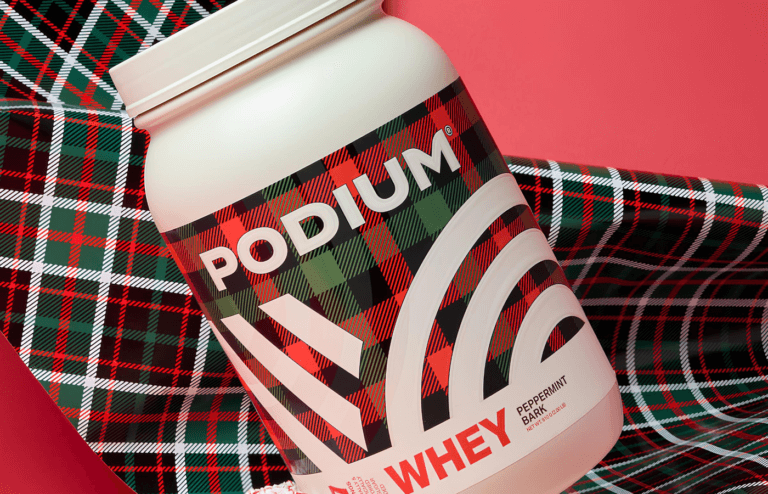Author: Tina Manahai-Mahai
A Mintel study has found that one in three British people drink plant-based alternative milk, with customers spending over £100 million on dairy alternatives. How has the high street staple of milk moved so far away from its dairy origins?
Together with Tina Manahai-Mahai of Healthy Supplies, an independent online health food retailer, Muscle and Health investigates the reasons behind the dairy-free milk boom and why you might want to switch.
Environmental Impacts

The dairy industry contributes a lot of waste to the environment when raising cows for their milk. The process releases methane, nitrous oxide, and carbon dioxide into the atmosphere. These greenhouse gases are toxic to the environment and are stripping away the ozone layer.
The amount of land needed for a dairy farm is staggering too. Some farmers suggest that each cow needs at least an acre of land for every 24 hours of grazing and roaming. This means converting even more natural land for production space, which can damage the earth if fertilizer and manure go unchecked.
In 2014, American filmmakers Kip Anderson and Keegan Kuhn released Cowspiracy: The Sustainability Secret, which outlines how the dairy industry impacts climate change. The film also encourages a shift to milk and dairy alternatives, like soy milk and nut butter.
Animal Cruelty

There’s a lot of animal mistreatment kept hidden by the dairy industry. What some cows are subjected to is eye-opening.
Cows, like many mammals, only produce milk when they’re pregnant. This means dairy cows must be artificially inseminated every two to three months to produce milk to be farmed. Machines in concrete enclosures often milk these cows and aren’t allowed the freedom to explore and experience farmland like other animals are.
They’re also intelligent creatures that are notably maternal. But once they’ve given birth, their calves are usually taken away from them within 24 to 48 hours. This causes immense mental stress on both mother and offspring, with a study showing that calves respond better to stressful situations when raised with maternal contact.
This is a huge reason for animal lovers to switch to milk alternatives.
Plant-based Health Benefits

Perceived health benefits are another main driver behind the switch to going dairy-free. Mintel found that one in four people viewed plant-based milk as healthier than cow’s milk and better for the environment. Most plant-based milk has fewer calories and less fat content, with higher water levels for hydration. They can also be fortified with additional minerals and vitamins.
It all comes down to personal preference when trying out milk alternatives. Some taste similar to cow’s milk, and others will have their unique flavor. By trying a wide variety, you should be able to find one that works for you.
There are many reasons for the boom in British supermarket customers switching from dairy milk to plant-based alternatives. Two significant drivers come from a matter of morals – concern for the environment and animals. There is also a focus on improving health, with people paying more attention to the calorie count of various kinds of milk.
Sources
https://www.theguardian.com/business/2021/sep/17/britons-drink-plant-based-milk-demand
https://animalequality.org/issues/dairy/
https://www.fwi.co.uk/livestock/grassland-management/guide-to-setting-up-a-grazing-infrastructure
https://vegsoc.org/info-hub/why-go-veggie/animals/cattle/
https://www.sciencedaily.com/releases/2015/04/150428081801
https://www.foodbeverageinsider.com/fruits-vegetables-nuts-seeds/oat-overtakes-almond-plant-based-milk-sales-soar-uk
https://nutrition.org/going-nuts-about-milk-heres-what-you-need-to-know-about-plant-based-milk-alternatives
Thinking of going down the plant route? Here are The 5 Biggest Plant-Based Protein Myths Debunked.






